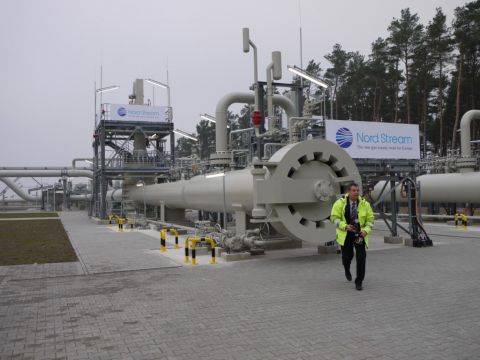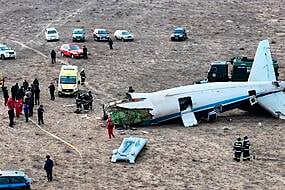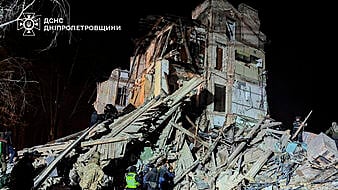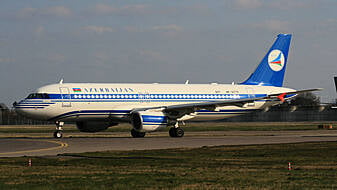Authorities are trying to determine the cause of mysterious leaks and pressure drops on natural gas pipelines running from Russia to Germany under the Baltic Sea, on the day a new supply meant to wean Europe off Russian gas is to be inaugurated.
Neither of the pipelines, Nord Stream 1 and 2, are yet bringing gas from Russia amid an energy standoff with Europe caused by the invasion of Ukraine, but both are filled with natural gas, used to heat homes, generate electricity and run factories.
Officials said the leaks did not pose any threat to energy supplies given that Russian is not supplying gas through them, and experts said the environmental impact would be limited.

Danish authorities announced on Monday that a leak had been detected in Nord Stream 2, which has never been used. They were later informed of a major pressure drop on Nord Stream 1, which until recently had been a key source of gas to Germany.
The Swedish Maritime Administration said on Tuesday that two leaks were discovered in Nord Stream 1, which partly runs in Swedish waters. Danish authorities confirmed the leaks.
The Danish Maritime Authority issued a navigation warning and established a prohibited area to ensure that ships do not sail near the leaks. Ships may lose buoyancy if they sail into the area, and there may also be a risk of ignition above the water and in the air, the Danish authorities said.
The leaks in the pipelines have been detected north east and south east of the Danish island of Bornholm.
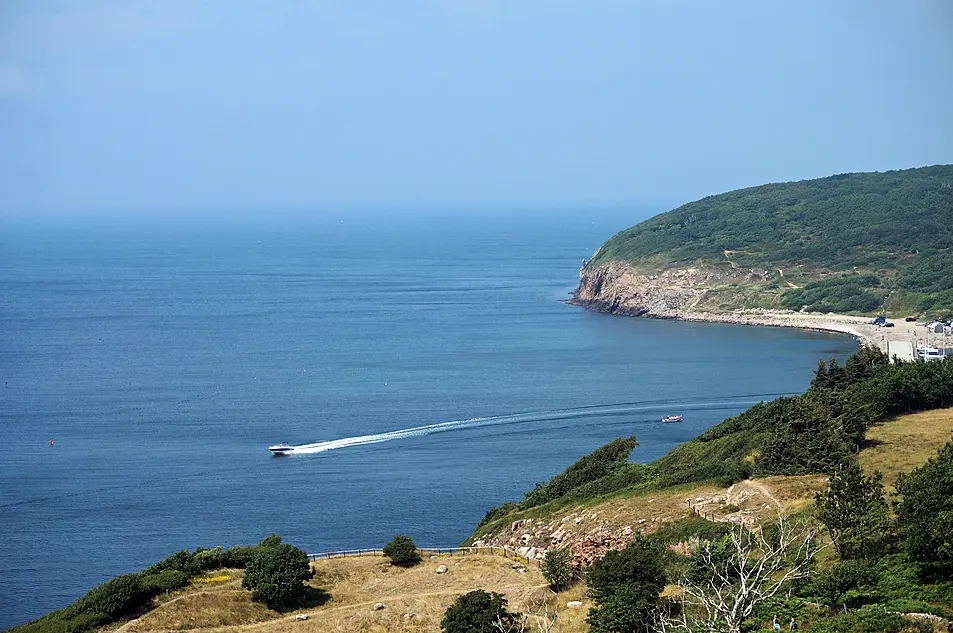
“Authorities and the government are following the situation closely,” Denmark’s energy minister Dan Jorgensen said.
The German economy ministry said it was investigating the cause of the pressure drop in Nord Stream 1, but “we currently do not know the reason”.
The pipelines have been at the centre of an energy war between Europe and Russia since the invasion of Ukraine in late February. A drop in Russian gas supplies has caused energy prices to soar, causing pain for many across Europe and creating fears about the coming winter and putting pressure on governments to help ease soaring bills.
Across Europe, countries have been struggling to find other sources of gas, starting from different positions. Poland had already been on track when the war began to free itself of Russian gas after working for years to find other sources, including imports of liquefied natural gas (LNG) from the US and the Middle East. Germany, in contrast, is only now struggling to quickly build LNG terminals.
A prominent project in the bid for energy security is the Baltic Pipe, a pipeline carrying Norwegian gas through Denmark and along the Baltic Sea to Poland. It is due to be inaugurated on Tuesday in northern Poland by Polish, Danish and Norwegian officials.

Of the two pipelines hit by leaks, Nord Stream 2 has never operated, while Nord Stream 1 carried gas to Germany until this month, when Russian energy giant Gazprom cut off the supply, claiming there was a need for urgent maintenance work.
Gazprom’s explanation of technical problems have been rejected by German officials as a cover for a political power play to raise prices and spread uncertainty.
Nord Stream 2 was already complete when German Chancellor Olaf Scholz suspended its certification on the eve of Russia’s invasion of Ukraine.
Germany has been heavily reliant on natural gas supplies from Russia, but Berlin has been trying to look for other sources of energy.
Despite fears of a winter shortage, gas storage has progressed in recent weeks in Germany and other parts of Europe.
“We do not see any impact on the security of supply,” the German economy ministry said, referring to the pressure drop in Nord Stream 1.
“Since the Russian supply stopped at the beginning of September, no gas has flowed through Nord Stream 1 any more. Storage levels continue to rise steadily. They are currently at about 91%.”
